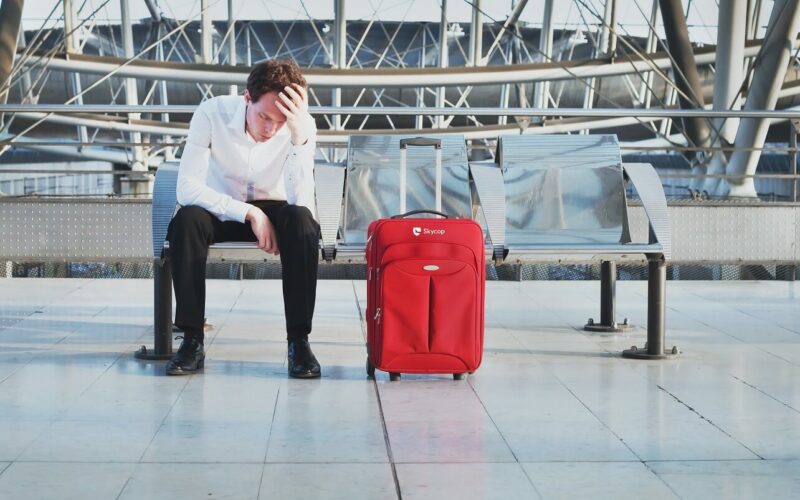Over the last 25 years air travel in Europe has become cheaper, safer and bigger. Air passenger numbers increased by 558 million and today there are almost eight times as many routes as there were in 1992. As the commercial European aviation industry has strengthened, the need for passenger rights grew accordingly. EC 261/2004 Regulation replaced series of national rules by a single set of EU legislation. Yet, despite the clear-cut law, airlines don’t necessarily rush to comply.
The very first ruling that aimed to protect air passengers’ rights was legitimized in 1991. Regulation (EEC) No 295/91 defended travellers only in case of denied boarding and set up the compensation ranging from €150 to €300. Inspired by a continuing air travel boom in 2004 the law has been repelled and the new one embraced flight cancellation, as well as set compensations ranging from €250 to €600 depending on disrupted flight’s distance. Later, following the successful law case, long delays have also been recognized as a suitable cause for compensation.
The new legislation set a minimum level of quality standards for passenger protection and has been followed by 96% increase of complaints about airlines across Europe. However, the rising number of claims against airlines, according to experts, could be even greater. As data by Eurobarometer shows, only 40% of Europeans are aware of their traveller rights. Thus, in order to make the ruling more comprehensive, it is constantly subject to scrutiny by the European Court and since its enactment in 2004, has been continuously revised.
Probably the most important modification in rules came in 2013 defining extraordinary circumstances which in a way put flight disruption out of airlines responsibility. Since then, this part of the regulation has become favourite carriers’ loophole – blaming weather conditions and technical issues for flight disruptions.
Yet some lawyers argue that the regulation is still far from ideal. Giedrius Kolesnikovas, a partner of a law firm Motieka ir Audzevicius says the current regulation is incomplete: „The law defending air passengers is still lacking few obvious amendments. Let’s take airline employees initiated strikes as an example. Airline strikes come from poor business management strategies employed by the businesses, thus there is no reason why passengers should pay for company’s mistakes. Flight disruptions caused by such strikes should also be compensated.”
“Regulation EU 261/2004 is a crucial part of today’s European aviation which serves more than 900 million European air passengers per year. When, according to the Eurocontrol every year around 40% of flights are delayed, it is almost inevitable that air passenger rights sooner or later will come in handy for any of us. Also, an in-depth knowledge of the ruling may give passengers higher chances to win their claims. Unfortunately, carriers tend use every possible way to deny even legal claims. According to our statistics only 5% of independent claims get compensated, leaving EU airlines with a €3.2 billion debt to devastated passengers. Hopefully, we will see even more improvement in the regulation over the following years,” explains SKYCOP, international platform fighting for passengers rights.

